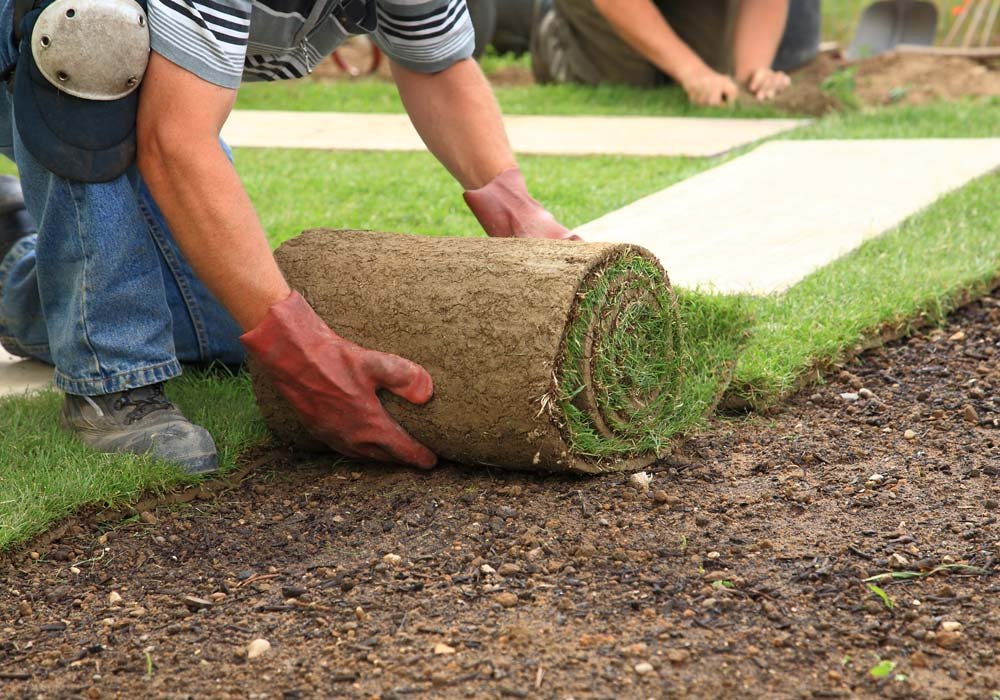Irrigation Services, Landscaping Services, Lawn Care, Maintenance Services, Taproot Landscaping Services
The Hidden Threat in Your Garden: 8 Common Types of Mold and How Taproot Landscaping Inc Can Help
Mold in the landscape is a common yet often overlooked problem that can affect not just the health of your plants but also the well-being of your home and family. The diverse climate of Southern Oregon, with its elevation differences and varying aridity, creates unique challenges for homeowners in cities like East Medford, Central Point, Phoenix, and Ashland. Understanding the types of mold that can thrive in your garden and implementing strategic landscaping solutions is crucial for maintaining a healthy living environment.
Common Types of Mold in Landscapes
- Powdery Mildew: Easily recognizable by its white, powdery coating on leaves, this mold affects a wide range of plants.
- Sooty Mold: This black, soot-like substance grows on the honeydew produced by aphids, damaging the plant’s appearance and health.
- Botrytis Blight (Gray Mold): Affects many plants, causing gray, fuzzy spots on leaves, flowers, and stems.
- Downy Mildew: Appears as yellow to purple spots on the undersides of leaves, leading to wilting.
- Rust: Produces rust-colored spores on the undersides of leaves, weakening plants.
- Verticillium Wilt: A soil-borne fungus that causes yellowing, wilting, and death of plant leaves.
- Fusarium Wilt: Similar to Verticillium, it leads to yellowing and wilting, often affecting tomatoes and other vegetables.
- Slime Mold: Though not harmful to plants, this mold appears as colorful, slimy masses on lawns and mulched areas, potentially spreading spores into the home.
Landscaping Solutions by Taproot Landscaping Inc
Taproot Landscaping Inc specializes in addressing and preventing mold problems in your landscape through a variety of services:
- Soil Testing and Amendment: By analyzing soil composition, Taproot can adjust pH levels and improve drainage, reducing mold-friendly environments.
- Proper Plant Selection: Choosing mold-resistant plant varieties and appropriate plants for the specific microclimates of East Medford, Central Point, Phoenix, and Ashland.
- Strategic Watering Practices: Implementing irrigation systems that minimize water contact with foliage, thereby reducing mold growth.
- Regular Maintenance: Pruning and removing infected plant material to prevent the spread of mold spores.
- Mulching: Applying the right type of mulch to help regulate soil moisture and temperature, discouraging mold growth.
- Aeration: Improving air circulation around plants and in the lawn to keep the foliage dry and less hospitable to mold.
Elevation, Climate, and Mold Proliferation
The elevation differences in Southern Oregon impact local climates significantly. East Medford and Central Point, with their higher elevations, can experience more humidity, which fosters mold growth in landscapes. In contrast, Phoenix and Ashland, despite being more arid in the summer months, are not immune to mold issues, especially as irrigation practices to combat dry conditions can create ideal environments for mold in gardens and lawns.
Preventing Mold Transfer into the Home
Mold spores from the garden can easily be transferred into the home through air currents, clothing, and pets. To prevent this, Taproot Landscaping Inc recommends:
- Creating Buffer Zones: Designing landscapes with a buffer zone of mold-resistant plants around the home.
- Regular Cleaning: Keeping patios, decks, and outdoor furniture clean and dry to reduce mold spores.
- Home Maintenance: Ensuring gutters and downspouts are clear to prevent water accumulation near the foundation, which can lead to mold growth indoors.
Landscaping Safety Precautions
To further prevent mold proliferation, homeowners should:
- Avoid overwatering and water in the morning to allow plants to dry during the day.
- Clean tools and garden equipment regularly to prevent the spread of mold spores.
- Wear protective clothing and masks when handling mold-infected plants.
Mold in the landscape is a manageable issue with the right knowledge and care. Taproot Landscaping Inc offers comprehensive services tailored to the unique climates of Southern Oregon, ensuring your garden remains healthy and mold-free. By taking proactive steps and utilizing professional landscaping services, homeowners can protect their outdoor spaces and indoor environments from the unseen threat of mold.



